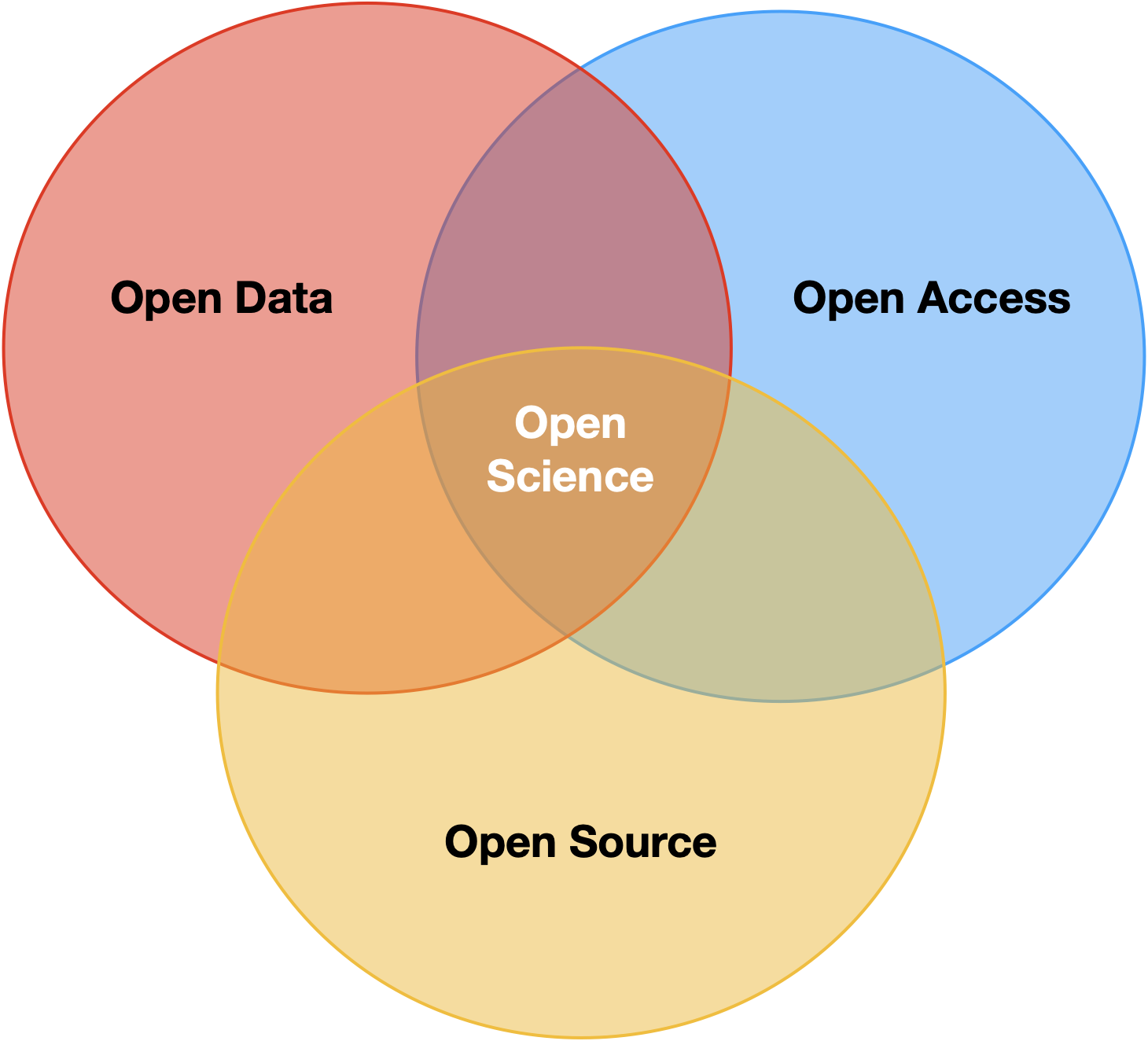Research data support at the Bolin Centre
Open science
Open science is the movement to make scientific research and its dissemination accessible to all levels of society, amateur or professional. Its goal is to build a more replicable and robust science and entails open access to publications, open data and open source code.
According to a proposition from the Swedish government 2020 (2020/21:60) the transition to open science should be completed latest 2026. The National Library and the Swedish Research Council are co-ordinating the work to reach this goal in Sweden. Also the universities are responsible to work towards this goal. Thus, Stockholm University has adopted a policy that encourages open science.

Stockholm University Open science policy
The Open science policy at Stockholm University describes the University's overall objectives in the transition to an open science system.
For you as a researcher, open science implies that you should publish your articles, data and source code as open as possible.
Open data
Open data means data that can be freely used, shared, and built on by anyone, anywhere and for any purpose.
The Bolin Centre provides support for publishing data in the Bolin Centre Database and source code in the Bolin Centre Code Repository. The Bolin Centre Database will help to make your data open, FAIR and visually appealing.
More information about Open science
FAIR principles
Even if not all data can be published openly, all data can be managed and described following good procedures that help others to understand and use the data. The FAIR principles provide a set of best practices for sharing data, respecting any ethical, legal, or contractual restrictions. FAIR means that data should be Findable, Accessible, Interoperable, and Reusable.
- Findable It should be possible to find data
- Accessible It should be clear how to access data and if no legal hinder exists data should be accessible to anyone
- Interoperable It should be clear for both scientists and established technical systems how to read and use data, e.g. using open data formats
- Reusable It should clear for other scientists, now and in the future, how to understand and use data
Open data is not the same as FAIR data, but data can be both FAIR and open.
The Open science policy at Stockholm University states that research data should be managed according to the FAIR principles.
More information about FAIR
FAIR principles animated
Below is a video that explains the FAIR principles made by Maastricht University.
Data life cycle
Data is a crucial part in research. It is important that produced data also can be re-used. This can be described as a data life cycle.
The data life cycle can be divided into several stages. It is helpful to have an overview of all stages already in the planning of a research project. The Bolin Centre offers support in all these stages.